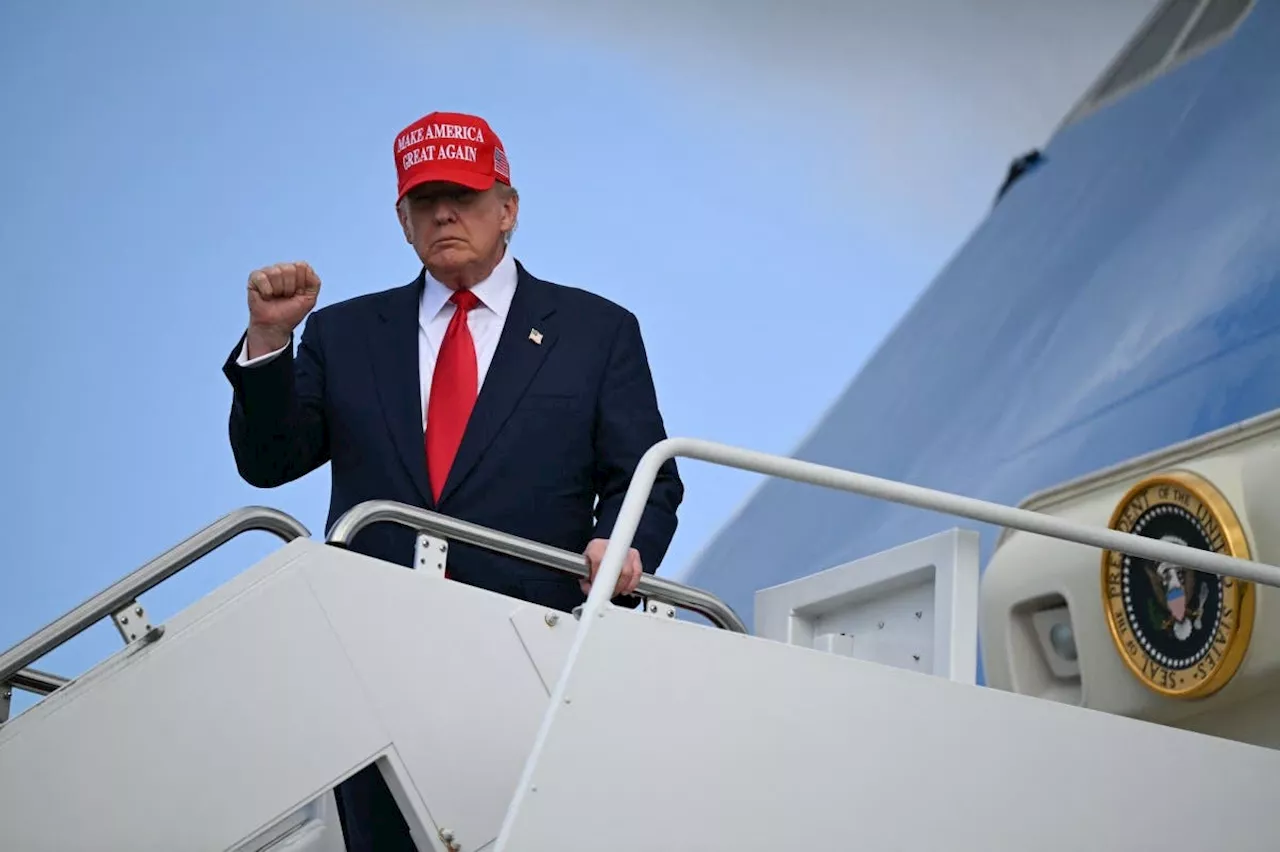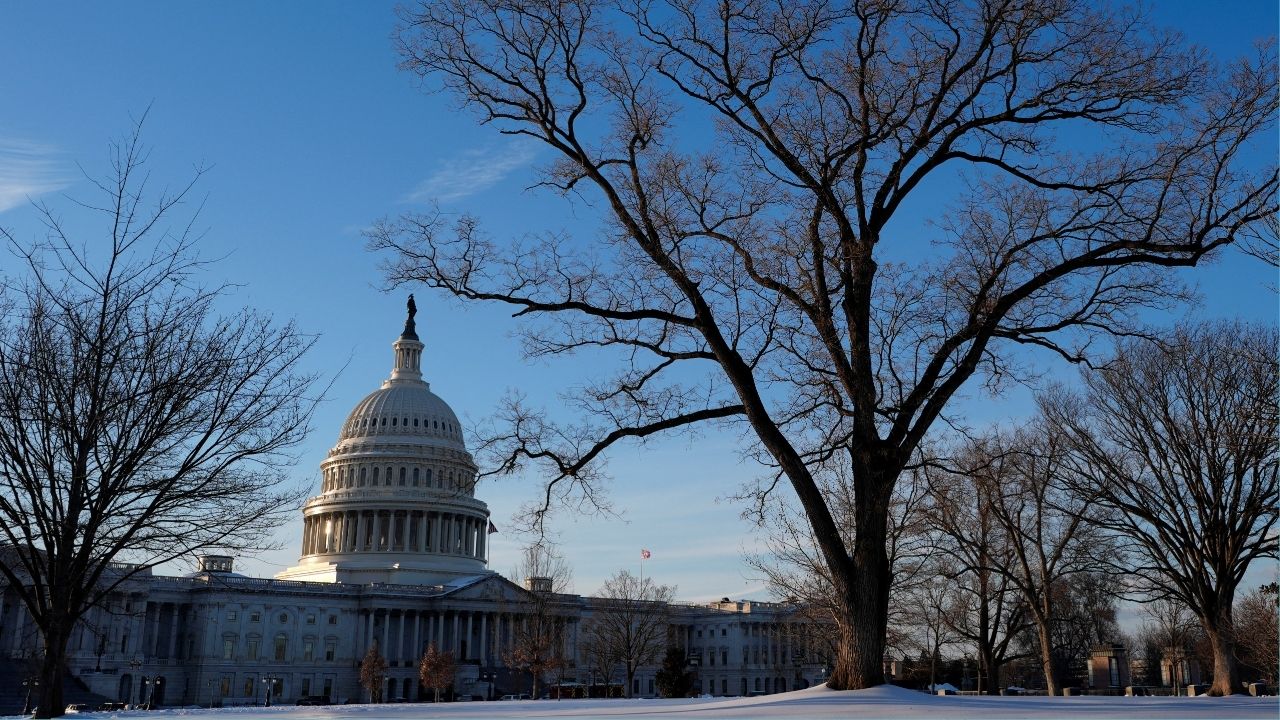Steve Bannon’s recent assertion that former President Donald Trump will serve a third term has sparked intense discussions within the Republican Party. Despite the clear restrictions placed by the 22nd Amendment, which prohibits anyone from being elected president more than twice, Bannon’s comments have raised questions about the party’s stance on constitutional adherence.
During an interview, Bannon confidently proclaimed, “Trump is going to be president in ’28, and people just ought to get accommodated with that.” He hinted at a plan devised by Trump’s inner circle to circumvent the constitutional limits, though he did not provide details on how this would be achieved. The 22nd Amendment, ratified in 1951 following Franklin D. Roosevelt’s unprecedented four terms, clearly states: “No person shall be elected to the office of the President more than twice.” This amendment serves to ensure that no leader can secure a perpetual mandate.
As the political climate shifts, the implications of Bannon’s comments extend beyond mere speculation. Some have suggested a “vice-presidential” workaround, where Trump could run as vice president under a chosen successor and reclaim power once that individual steps down. However, the 12th Amendment makes this scenario legally untenable by asserting that those ineligible for the presidency cannot serve in the vice presidency.
The idea of amending the 22nd Amendment has also surfaced, but this remains a daunting challenge. Achieving the requisite two-thirds approval in both chambers of Congress, followed by ratification from three-fourths of state legislatures, is a monumental task, especially in today’s politically polarized environment.
Bannon’s rhetoric may serve as a litmus test for the Republican Party, as lawmakers must navigate the implications of a potential third Trump term. While many GOP members understand that such a scenario would undermine the Constitution, their silence often indicates a fear of retribution from Trump’s base or potential primary challenges. This reluctance to openly reject Bannon’s claims highlights a significant shift in the party’s dynamics.
The Supreme Court, if called upon to address such unprecedented claims, would face a fundamental challenge. The text of the 22nd Amendment is clear, leaving little room for interpretation. Yet, the court’s credibility has been tested by ongoing partisan disputes, raising concerns about its independence and willingness to uphold constitutional principles.
Ultimately, the conversation surrounding a “Trump 2028” presidency reflects a normalization of what was once considered unthinkable. The implications of this shift extend beyond the United States, as observers worldwide assess how a superpower navigates its constitutional framework under unprecedented pressures.
As Bannon’s comments resonate within political circles, the Republican Party stands at a crossroads. The future of American democracy may hinge on how effectively it can resist the allure of authoritarianism and uphold the tenets of the Constitution. In this critical moment, the world is watching closely, uncertain whether to view these developments with laughter or concern.







